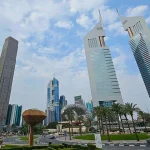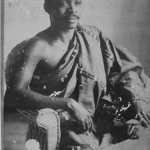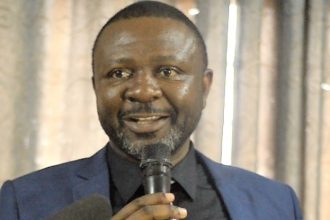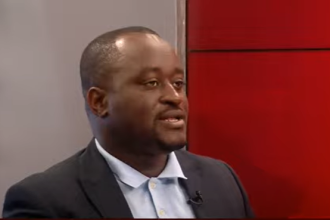Unless government and other stakeholders such as banks work hand-in-hand to significantly bring down the interest rate charged on loans to businesses and individuals, the mission to industrialize the economy and develop the private sector will continue to elude everyone, the Trades Union Congress (TUC) has said.
“Until we manage to bring lending rates down to reasonable levels, our quest for industrialisation and private sector development will continue to elude us,” it stated emphatically.
In its statement on the Mid-Year Budget Review presented by Finance Minister Ken Ofori-Atta almost a month ago, the labour unions body questioned why the lending rates still remain high despite a two-year downward trend of the rate on lending to government and inter-bank borrowing.
“In the last two years we have witnessed a very significant decline in interest rates. The 91-day Treasury bill rate has stabilised around 14.8 percent. Commercial banks are lending to each other at an average rate of 15.2 percent. We are therefore wondering why lending rates are still hovering around 28 percent,” it said in the statement.
Despite lending to the private sector or businesses growing by 16.8 percent at the end of June 2019, the TUC bemoans the high cost at which such loans were provided; and worries that with such high costs of lending it becomes inevitable to see banks’ Non-Performing Loans (NPLs) also remaining high.
“Business people who borrow from our banks must either be geniuses who can make profit in a very challenging environment, or they must be willing to default. No wonder that nearly a fifth of the loans borrowed from banks in Ghana are not recovered. This situation has persisted for a long time,” it added.
The TUC also worried that the relatively high cost of capital in Ghana, compared to its trading partners, makes the private sector less competitive and significantly reduces the ability of private sector firms to pay back loans.
Even with the high NPLs negatively impacting the asset qualities of banks, the TUC noted that, strangely, Ghanaians did not see any concrete measures in the budget review that dealt or sought to deal with this major problem.
On exchange rates, the TUC urged government to pay special attention to managing the Ghana cedi exchange rate in terms of the major international currencies. It warned that the cumulative depreciation of the Ghana cedi by 8.4 percent against the US dollar between June 2018 and June 2019 was too high.
“A more prudent management of the exchange rate is important: not only because it affects the price of imports of essential commodities such as medicines and food, but it also impacts adversely on payment of interests for our huge foreign debt in terms of revaluation losses.”
The TUC’s comment on the budget review covered key areas such as macroeconomic management, employment, revenue and expenditure performance, agriculture, the crisis in the energy sector including suspension of PDS, Meridian Port Services, public sector pay, housing, and the African Continental Free Trade Area.
In its conclusion, the TUC noted that the macroeconomic performance in the last couple of years has been very encouraging, but urged that all stakeholders should now work together on ensuring that the macroeconomic gains reflect sufficiently in the lives of all Ghanaians.
“We need to work together to bridge the gap between the rich and poor through the creation of decent jobs and provision of social services. We must also pay more attention to agriculture and manufacturing. Government must implement practical measures to strengthen revenue generation. The focus should be on making the existing tax regime effective rather than imposing additional taxes. The tax exemption regime must be overhauled without any further delay,” it said.
The TUC also expects that the Social Partnership Council will be allowed to participate in all major decisions that affect the economy – including taxes, revenues, expenditure, employment, housing, energy, and wages. “The TUC is prepared to work with government, employers and other stakeholders in these and other areas to achieve the president’s vision of Ghana Beyond Aid, which also means Ghana without the International Monetary Fund (IMF).”















